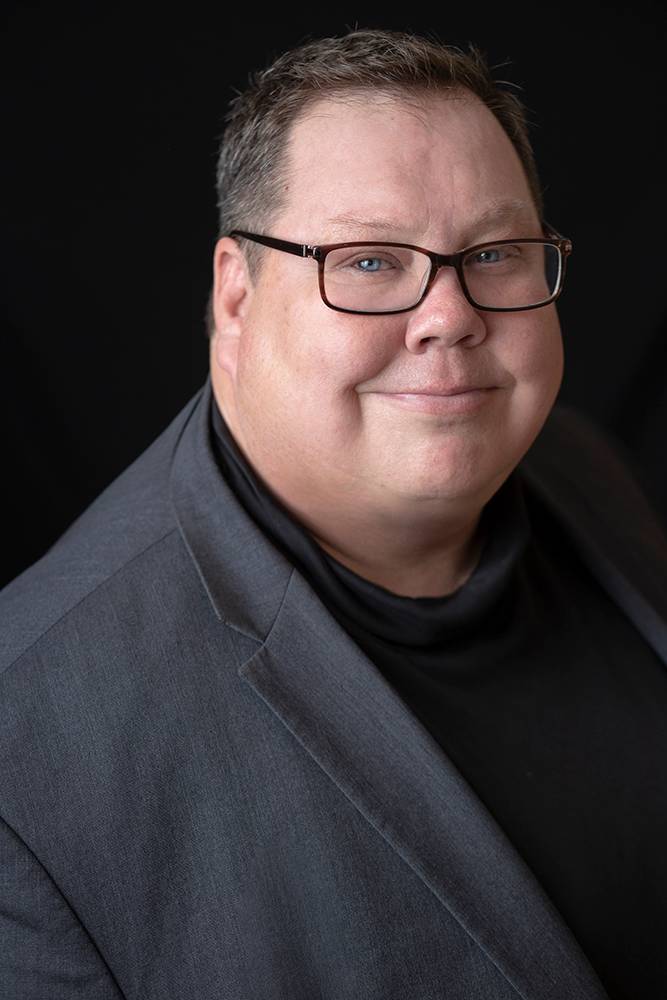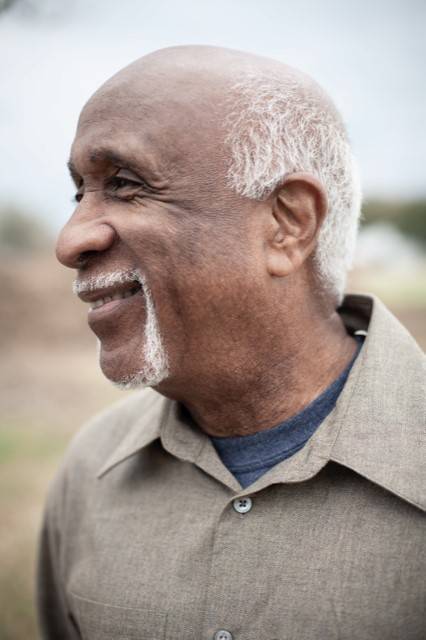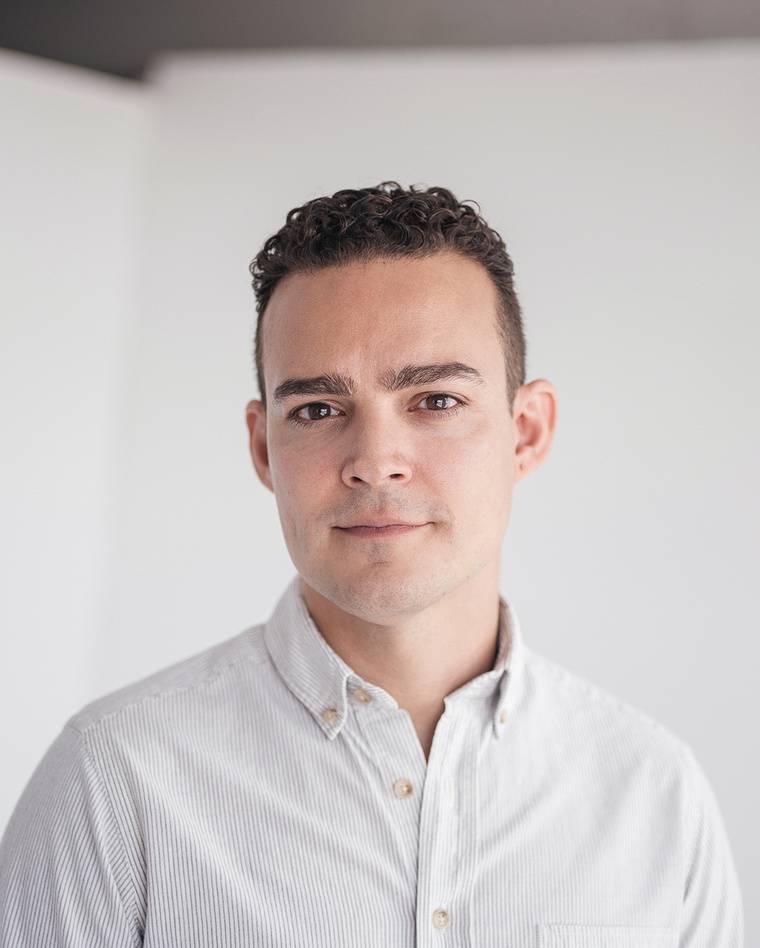Texas Prisons and Post WWII Civil Rights
Thursday, September 17, 2020
1:00 pm
Online via Zoom
Thursday, September 17, 2020
1:00 pm
Online via Zoom
After World War II, imprisoned men and women used changes in civil rights law to have their shared humanity recognized. In his book We Are Not Slaves: State Violence, Coerced Labor and Prisoners’ Rights in Postwar America, Dr. Robert Chase analyzes the establishment of a civil rights understanding in U.S. prisons and how this victory was beaten back by lawmakers, labor unions, wardens and private corporations. In this talk, Robert Chase, Ernest McMillan, Dallas activist, founder of Fifth Ward Enrichment and curator of community action at Cara Mia Theatre, and professor Mark Menjivar discuss the specific ways prisons, the prisoner’s rights movement, the civil rights movements and white backlash overlapped in Texas and share the hard lessons gained over 50 years of campaigns and struggle.
Biographies
Robert Chase
 Robert Chase is a historian of prisons, policing, and punishment. His research and teaching interests include the history of mass incarceration and the construction of what historians call "the carceral state." He is an expert in social justice, Latino/a, and civil rights movements, and political and African American history. His book ‘We Are Not Slaves’: State Violence, Coerced Labor and Prisoners’ rights in Postwar America reexamines the prisoners’ rights movement of the 1960s, 1970s and 1980s and the subsequent construction of what many historians now call the era of mass incarceration. His edited collection Caging Borders and Carceral States tracs the interconnection of racial oppression in the U.S. South and West, presenting thirteen case studies that explore the ways in which citizens and migrants alike have been caged, detained, deported, and incarcerated, and what these practices tell us about state building, converging and coercive legal powers, and national sovereignty.
Robert Chase is a historian of prisons, policing, and punishment. His research and teaching interests include the history of mass incarceration and the construction of what historians call "the carceral state." He is an expert in social justice, Latino/a, and civil rights movements, and political and African American history. His book ‘We Are Not Slaves’: State Violence, Coerced Labor and Prisoners’ rights in Postwar America reexamines the prisoners’ rights movement of the 1960s, 1970s and 1980s and the subsequent construction of what many historians now call the era of mass incarceration. His edited collection Caging Borders and Carceral States tracs the interconnection of racial oppression in the U.S. South and West, presenting thirteen case studies that explore the ways in which citizens and migrants alike have been caged, detained, deported, and incarcerated, and what these practices tell us about state building, converging and coercive legal powers, and national sovereignty.
Ernest McMillan
 Mr. Ernest McMillan is a veteran human rights activist with a history of working through the 60s in Texas, Mississippi, Alabama, and Georgia with the Student Non-Violent Coordinating Committee (SNCC), and throughout the 80s with the National Black United Front and the United League of Mississippi. McMillan served as the Chairman of the Dallas SNCC from 1967-1969.
Mr. Ernest McMillan is a veteran human rights activist with a history of working through the 60s in Texas, Mississippi, Alabama, and Georgia with the Student Non-Violent Coordinating Committee (SNCC), and throughout the 80s with the National Black United Front and the United League of Mississippi. McMillan served as the Chairman of the Dallas SNCC from 1967-1969.
Mr. McMillan received an Associate of Arts degree in History and Government at Brazos Junior College in Texas and has completed further study in history, government, and political science at Morehouse College in Atlanta, UT Arlington, and the University of Houston at Clear Lake City, Texas.
He has extensive experience in counseling of both youth and adults. Additionally, he has worked successfully in management positions involved with the delivery of social services, organizing and planning resources, and coordinating activities to meet specific objectives. Mr. McMillan initiated the first Drug Prevention Program for African-American youth in Houston in 1981. He has developed support systems for ex-offenders and drug abusers as founder of People United for Justice for Prisoners in Dallas, Texas, and as a counselor for the Alternative Drug Abuse Program of VGS, Houston, Texas. Mr. McMillan also served as project manager at the Communities-In-School program at Wesley Elementary School, Houston.
In 1984, McMillan founded the Fifth Ward Enrichment Program, a non-profit, community based, youth development initiative. He served as its Chief Executive Officer, and after twenty-three years at the helm, he became its Executive Coach and Senior Adviser. The FWEP continues to operate in Houston’s inner city as an effective support and intervention system for young African-American and Hispanic males to this day.
Currently, McMillan resides in Dallas, Texas where he volunteers extensively with several local and international efforts including the Dallas Peace Center, IFCO/ Pastors for Peace, and as a 2011 delegate to Witness For Peace’s Human Rights Delegation to Honduras. He became the Director of Educational Programs at Youth Believing in Change (YBC) after serving as a volunteer mentor, coordinator of the boys’ mentoring program and as a classroom facilitator there.
He most recently served as Curator for Community Action with Cara Mia Theatre Company. He is excited to be involved routinely in the work of connecting arts with the community and developing avenues to foster and engage multigenerational, multicultural bridges for community uplift. He is currently volunteering with the Owenwood Farm and Neighbor Space engaging area residents and stakeholders to build and sustain a community garden.
Mark Menjivar
 Mr. Mark Menjivar is a San Antonio based artist and Assistant Professor in the School of Art and Design at Texas State University. His work explores diverse subjects through photography, archives, oral history and objects. He holds a BA in Social Work from Baylor University and an MFA in Social Practice from Portland State University.
Mr. Mark Menjivar is a San Antonio based artist and Assistant Professor in the School of Art and Design at Texas State University. His work explores diverse subjects through photography, archives, oral history and objects. He holds a BA in Social Work from Baylor University and an MFA in Social Practice from Portland State University.
He has engaged in projects at venues including the Rothko Chapel, the Bemis Center for Contemporary Art, The Houston Center for Photography, The San Antonio Museum of Art, The Puerto Rican Museum of Art and Culture, Blue Star Contemporary Art Museum and the Krannert Art Museum.
Mr. Menjivar's work has been featured by Artforum, TED, NPR, The New York Times, The New Yorker, The Village Voice, Gastronomica, National Geographic, Orion Magazine, GUP Magazine and more.
Mr. Menjivar's is the artist-in-residence with the Texas After Violence Project which uses oral history and archives to create dialogue and action around capital punishment in Texas. He is also a member of Borderland Collective, which utilizes collaborations between artists, educators, youth, and community members to engage complex issues and build space for diverse perspectives, meaningful dialogue, and modes of creation around border issues.